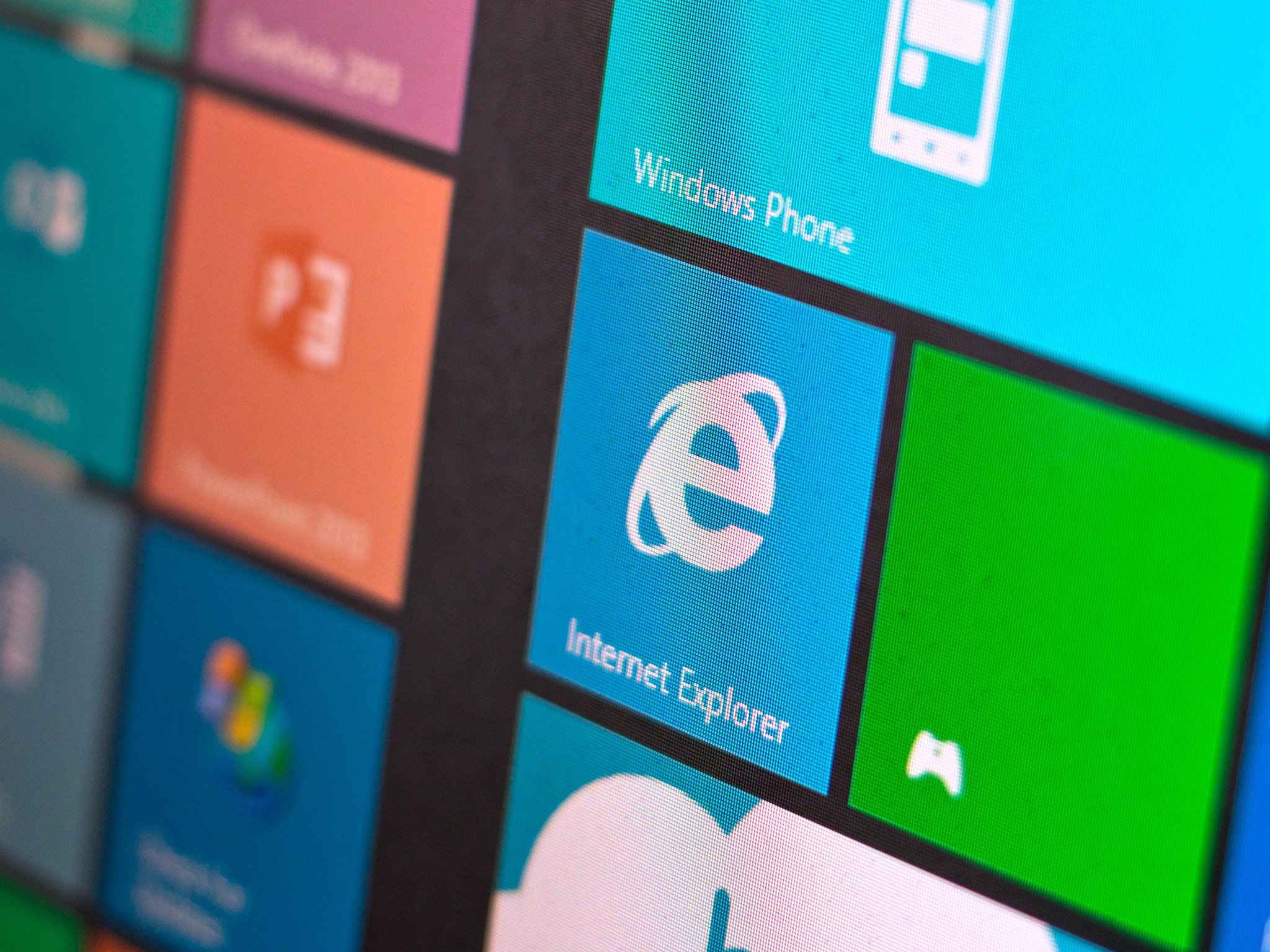Microsoft won't enable 'Do Not Track' as the default for 'Project Spartan'

Microsoft will no longer have "Do No Track" as the default setting for its future web browsers, including "Project Spartan". The company says it is making this change in order to avoid conflicting with the latest "Do Not Track" standard as created by the World Wide Web Consortium (W3C).
Here is the language of the standard from the W3C:
"Key to that notion of expression is that the signal sent MUST reflect the user's preference, not the choice of some vendor, institution, site, or network-imposed mechanism outside the user's control; this applies equally to both the general preference and exceptions. The basic principle is that a tracking preference expression is only transmitted when it reflects a deliberate choice by the user. In the absence of user choice, there is no tracking preference expressed."
In today's announcement, Microsoft said:
"Put simply, we are updating our approach to DNT to eliminate any misunderstanding about whether our chosen implementation will comply with the W3C standard. Without this change, websites that receive a DNT signal from the new browsers could argue that it doesn't reflect the users' preference, and therefore, choose not to honor it."
Microsoft enabled "Do Not Track" as the default for Internet Explorer 10 in 2012 and it was enabled again for IE11. The decision was praised by privacy groups but was heavily criticized by online advertising companies. Microsoft said today that even though "Do Not Track" will no longer be set as the default for its future browsers, they will provide clear information about how to turn that feature on for users. It added:
This change will apply when customers set up a new PC for the first time, as well as when they upgrade from a previous version of Windows or Internet Explorer. We said in 2012 that browser vendors should clearly communicate to consumers whether the DNT signal is turned off or on, and make it easy for them to change the setting. We did that for IE 10 and IE 11. And we're continuing to do so with future versions of our browsers.
Source: Microsoft
All the latest news, reviews, and guides for Windows and Xbox diehards.

John Callaham was a former contributor for Windows Central, covering Windows Phone, Surface, gaming, and more.
